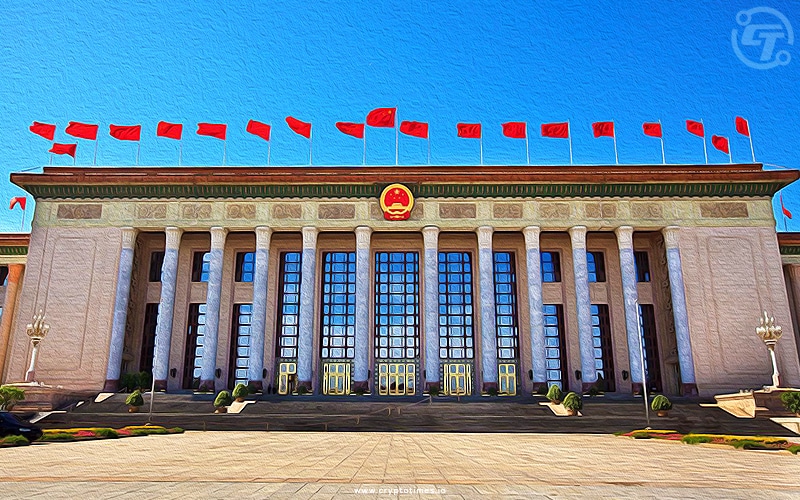In Brief:
- A Beijing court dismissed a case seeking monetary damages from a blockchain corporation.
- In May 2019, Beijing Phonf Marketing Technology and Zyzc Blockchain Technology signed three agreements for the deployment of mining machines.
- The contracts were considered “invalid” by the Chaoyang District People’s Court.
A Beijing court dismissed a case seeking monetary damages from a blockchain corporation citing their mining contracts “invalid”. It again demonstrated that China’s judicial system has no intention of acknowledging or protecting cryptocurrency-related interests.
Beijing Phonf Marketing Technology signed three agreements with Zyzc Blockchain Technology in May 2019, while China still tolerated bitcoin mining, paying 10 million yuan (US$1.6 million) for the deployment of mining machines in the Liangshan Yi Autonomous Prefecture in southern Sichuan province.
According to reports from state-run media such as Xinhua News Agency and CCTV, the Chaoyang District People’s Court considered these contracts null in the first such case handled in China’s capital city.
Some local governments, especially those in Sichuan, offered incentives to corporations at the time to encourage them to build energy-intensive mining farms that would consume a lot of hydro power.
In May 2021, China’s State Council ordered a crackdown on bitcoin mining, in addition to the existing restriction on cryptocurrency trade.
Beijing Phonf stated in court that it only received 18.35 bitcoin, which is worth roughly US$900,000 based on Thursday’s market value, but substantially less based on the value of bitcoin over the summer. In exchange, the blockchain company was required to pay another 278.17 bitcoin, according to the complaint.
The National Development and Reform Commission’s Sichuan branch was contacted when the court dismissed Beijing Phonf’s complaint, and it tried to shut down any remaining mining farms involved in the case, as well as other previously unknown firms.
Earlier in July, cryptocurrency exchange operators Huobi and OkCoin closed their respective Beijing subsidiaries. At this time the Central Bank of the Republic of China banned all the operations of crypto trading companies.
Inspections of this nature have been conducted in other jurisdictions. In Zhejiang, a special team of disciplinary and internet officials inspected 20 government-run organizations, including laboratories and universities, and discovered 14 were illegally mining cryptocurrency.






